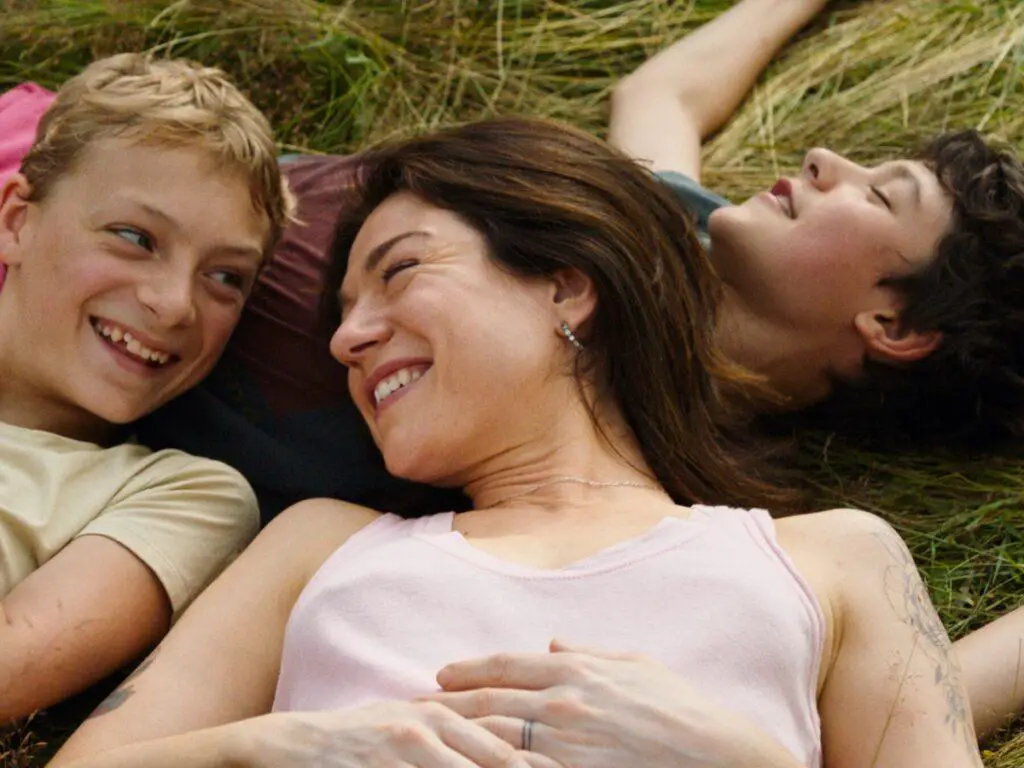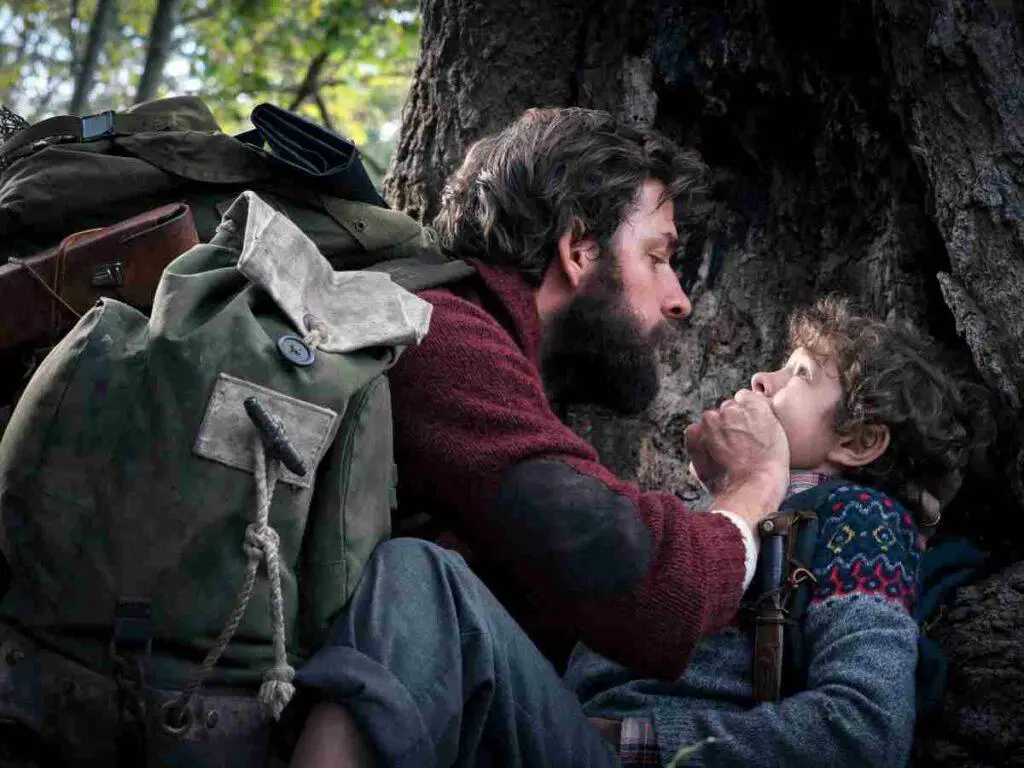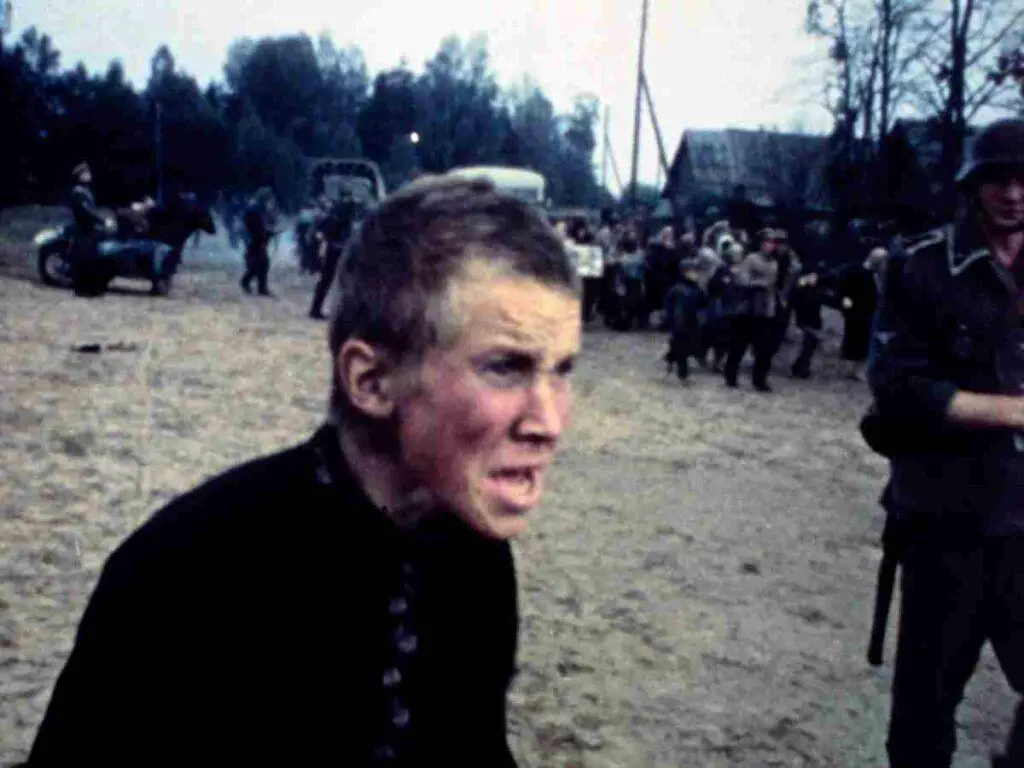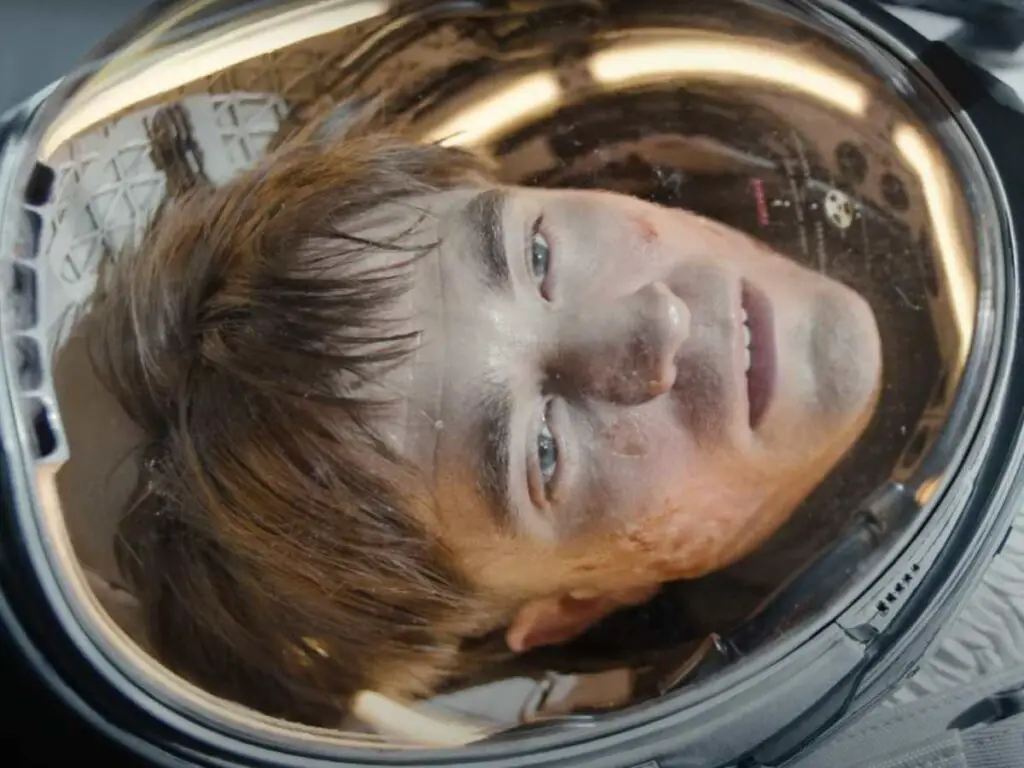Belgian filmmaker Lukas Dhont’s Oscar-nominated film Close charts the emotional journey of two close friends, Léo and Rémi, and the rupture of their bond caused by a toxic homophobic mindset. In this sophomore film, Dhont sensitively deals with the subject of attraction towards the same sex in adolescence. He examines how a bigoted society, with all its moral hang-ups, fails to empathise with the relationship between the two young souls. Adhering firmly to a realistic approach to the story, he maintains the gravity of the subject doing away with unnecessary melodrama.
The screenplay, co-written by Dhont and Angelo Tijssens, skillfully and meticulously constructs each scene, profiling our protagonists in a well-rounded manner. The scenes help us relate to the bond – which is treated with warmth, compassion, and understanding – between our young protagonists. This is a personal relationship that no one truly understands or makes an effort to, except the two people in it. Their woes and tribulations are genuinely felt and remain with us even after the film has ended.
The story takes place in a small, rural town in Belgium. Léo and Rémi are 13-year-old boys who share an intensely intimate affection. Léo often spends time at Remi’s home and sleeps next to him, sharing the same bed. Rémi’s parents, Sophie and Peter, do not disapprove of Leo’s behaviour and treat him as a part of the family. The two enjoy spending time together playing on a flower farm owned by Léo‘s family.
After spending a summer holiday together, the boys enrol in middle school. Their closeness is soon met with suspicion on the school campus. A few female classmates directly inquire if the two are dating. While Rémi remains silent, Léo vehemently refutes it. There are numerous instances of homophobic remarks made against Léo by his classmates, who doubt the legitimacy of his relationship with Rémi. Léo gets uncomfortable with such noxious accusations. He becomes friends with other boys and learns ice hockey. He does this to avoid Rémi. Throughout the school term, despite Rémi‘s attempts to interact, Léo gradually grows apart from him. Unable to cope with Léo‘s hostile behaviour, Rémi takes a drastic step that will permanently damage their relationship.
The beauty of the film is that it does not rely solely on dialogue to express the emotional and psychological conditions of the characters burdened with social scrutiny. Dhont makes no deliberate effort to explain their turmoil verbally. Actions, not words or feelings, are at the centre of the narrative. It is challenging, in part, because the filmmaker is not at pains to explain characterizations, establish motivations, or set up plot points in the usual fashion. The treatment of the film is full of routine activity and repetition. Key events unfold with the rhythm and restraint of everyday life. What the characters do, not how they feel, is what matters in the story.
By doing so, Dhont lets the viewer lean forward, read the faces of the characters, and watch their actions to understand their feelings. He doesn’t resort to any background music to underline, or evoke emotion. Such choices make the film a haunting parable filled with many moments of subtle emotional exchanges. In a very austere and unusual way, the filmmaker has fashioned a touching story of the moral choices of a young boy in the throes of adolescence. The real challenge presented by the film is not piecing together the narrative or trying to decipher its meaning. But accepting its implications in our own lives.
Close is a remarkable film with exquisitely modulated performances and imagery. Eden Dambrine as Léo and Gustav De Waele as Rémi sensitively portray their roles as traumatised boys in a homophobic world devoid of love and understanding. The two are not expressive individuals. But when they do express themselves, they bring out their emotional tribulations with little dialogue and a superb economy of gestures where every word counts, and the feelings underneath are palpable. The film concludes on a note of hope. The close-up shot of Léo as he crosses the field where he and Rémi once ran, heartbreakingly reflects on their relationship. His innocent expression brings out his inherent naturalness, while giving us a glimpse of the guilt he has to live with for the rest of his life.
Frank van den Eede’s cinematography documents a tragic drama with all its moods and emotions. He captures the characters in their vulnerable moments with tones of light that are lyrical. The hand-held camera brings intimacy and spontaneity. At the same time, Eede also keeps the focus on his framing to achieve detail within the shots. The trees whirring as Léo and Rémi ride their bicycles, the high-flung blue sky spreading over the rural landscape, and the way shafts of sunlight pierce through the rooms, all add a poetic touch to the film’s overall melancholic tone.
Close is an excellent film with an unwavering dedication to depict the pains of adulting. An astonishingly accomplished work that is rich and tactile, and by turns heartbreaking and uplifting, it leaves us overwhelmed as the end credits roll.
Close is currently streaming on Mubi.




